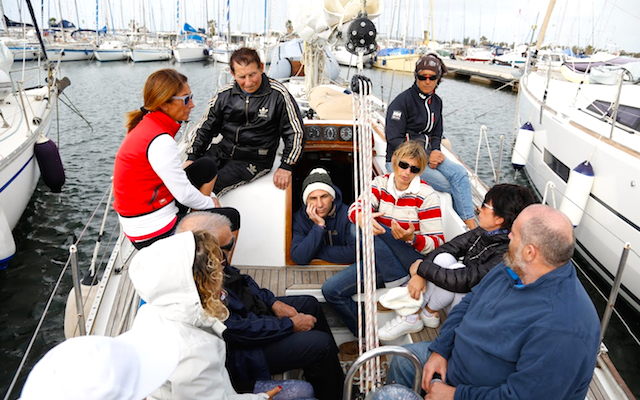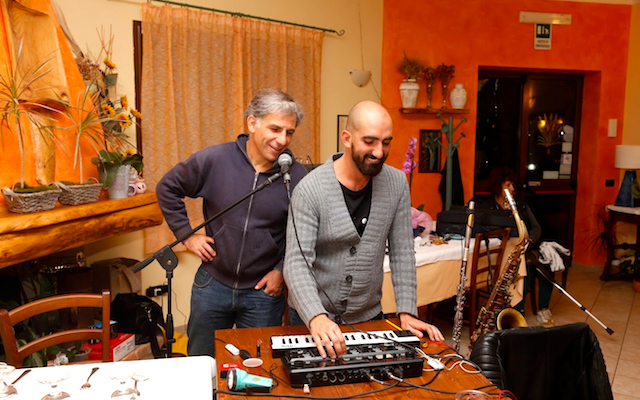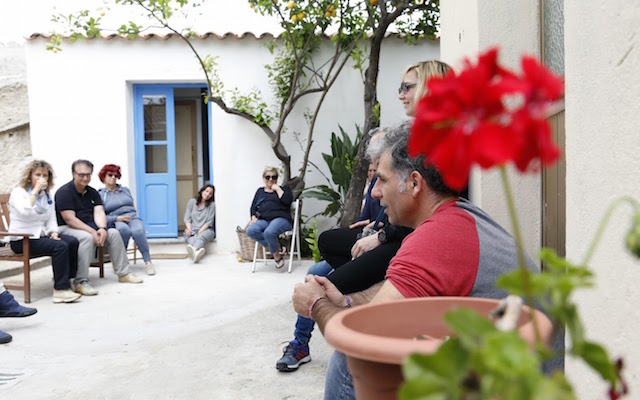
We talk to Dr Nicola Modugno, director of Parkinson’s Disease and Movement Disorder Centre at Neuromed in Italy. He looks back on more than two decades treating the condition – and explains what people with Parkinson’s can learn from theatre training
Where do you work?
I direct Parkinson’s Disease and Movement Disorder Centre at Neuromed in Pozzilli, Italy. We have a ward where we see neurological patients and also a special centre for helping people with Parkinson’s. We help thousands of people a year.
How did you end up working with people with Parkinson’s?
As a young man, I chose to study neurology after seeing the movie ‘Awakenings’ and reading the books of neurologist Oliver Sacks.
After I graduated, one of my professors invited me to come and work at the centre. That was about 20 years ago, and we’ve built it up ever since.
What is your role at the centre?
I spend my mornings on the ward working with inpatients, then for the rest of the day I’ll see out patients at Parkinson’s centre.
I also organise lots of activities with ParkinZone, an association that I founded with the help of my family in 2004.
Tell us about ParkinZone.
It’s a non-profit organisation that puts on classical and complimentary activities for people with Parkinson’s. We arrange theatre and dance classes, which include both singing and physical therapy.
We also offer psychological support. Our aim is to convince people that they are capable of so much more than they think. In the last few years, we’ve taken people skiing in the Alps and organised a water experience holiday in Sardinia, Italy.
How can theatre classes benefit people with Parkinson’s?
Actors are trained in a very specific way, which we believe can help treat the condition. They have to work on their manual skills, attention and memory – these are all important attributes that Parkinson’s affects.
We’ve found that at the beginning people are very sceptical about theatre, but they soon discover how effective it can be.

Who organises the activities?
We’ve got lots of teachers from a range of different backgrounds – including actors, dancers, physiotherapists and psychologist. We’re very selective because we know how important it is to hire the right people.
What do you enjoy most about the work you do?
For me, it’s hearing the positive feedback from the people that we help.
I also love seeing the difference that our activities make to people’s lives. This was particularly evident at our Surf 4 Parkinson’s event – some of the changes we witnessed were phenomenal.
What are your plans for the future?
The future looks good. We’re always looking to develop more surgeries and get involved in new therapies.
I also started working with Alexander Reed – the founder of the European Parkinson Therapy Centre – last spring. We are travelling to London for a meeting with Parkinson’s UK to see if we can collaborate.
What are your hopes for the future of Parkinson’s research?
I’m quite optimistic for the future and I think that, in the next 20 years, we could well find a cure.
